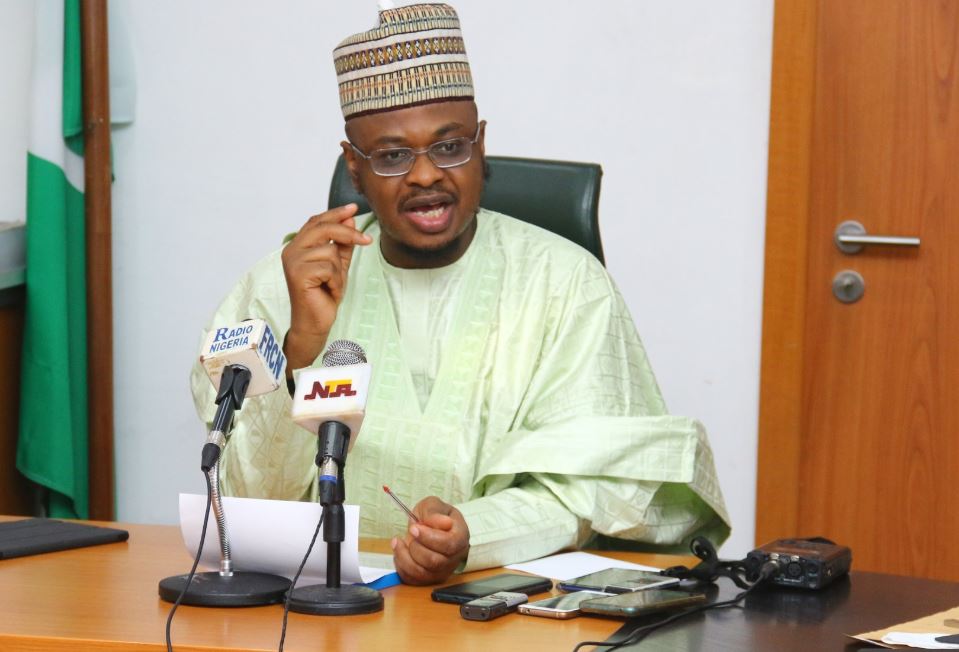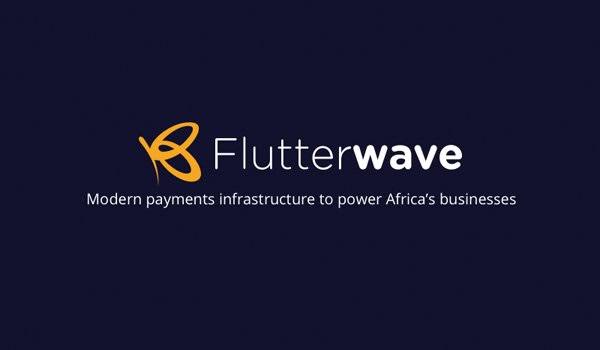During its meeting on February 16, 2022, the Federal Executive Council approved the National Policy on Nigerian Government Second-Level Domains. Professor Isa Ali Ibrahim Pantami, the Honorable Minister of Communications and Digital Economy, had earlier presented a memo.
The Policy was created in order to increase public trust in the use of digital technology and participation in the digital economy. The Policy is also in keeping with the Federal Executive Council’s approval of the Nigerian e-Government Master Plan in August 2018.
The Master Plan is to build a world-class open and digital government that communicates with citizens to increase public administration efficiency, civil service responsiveness, and governance transparency, all of which would improve Nigerians’ quality of life.
The rising number of cyber-related incidents has prompted countries to adopt policy instruments to properly regulate and manage their use of ICTs in government institutions, particularly electronic correspondence within the government. Several countries have laws in place to ensure that official correspondence in government institutions is performed exclusively through designated domains and platforms. The use of generic domains and private emails for government business and correspondence obstructs the Nigerian government’s identity, security, and global recognition on the Internet.
Furthermore, using personal emails for official business limits the ability to archive and back up sensitive government data, making it harder to retain historical correspondence and documents stored on non-government servers. Similarly, government papers that are supposed to be purged or destroyed after a certain amount of time are kept on insecure systems indefinitely.
Under the direction of the Federal Ministry of Communications and Digital Economy, the National Information Technology Development Agency (NITDA) will implement the Policy. It aims to enhance governance transparency, cyberspace security, and the Digital Nigeria agenda in Nigeria. It also aims to hasten the adoption of second-level domains (.gov.ng,.edu.ng, and.mil.ng) under the country code Top Level Domain (ccTLD.ng), with the goal of eliminating the use of top-level domains for government business and the use of private emails for official correspondences by the end of 2022.
The Policy directs all Federal Public Institutions to use the Nigerian Government second-level domains, and states and local governments are encouraged to do so. The scope includes.gov.ng,.mil.ng,.edu.ng,.sch.ng, and any additional Nigerian Government-owned second-level domains that may be approved in the future.
Federal Public Institutions are required to secure a Nigerian Government Second-level Domain from NITDA as part of the policy’s implementation and shift to that platform immediately. The Ministry will continue to position Nigeria to use technology in order to transform it into a sustainable and secure digital economy as part of the implementation of the National Digital Economy Policy and Strategy (NDEPS).
Dr. Femi Adeluyi is the Honourable Minister of Communications and Digital Economy’s Technical Assistant (Research and Development)




